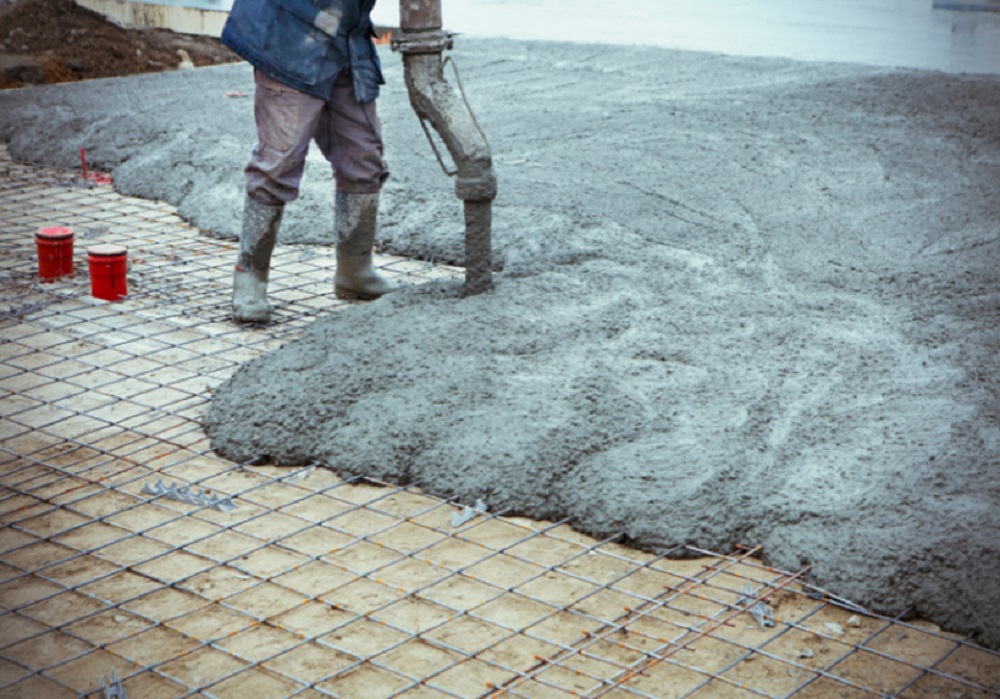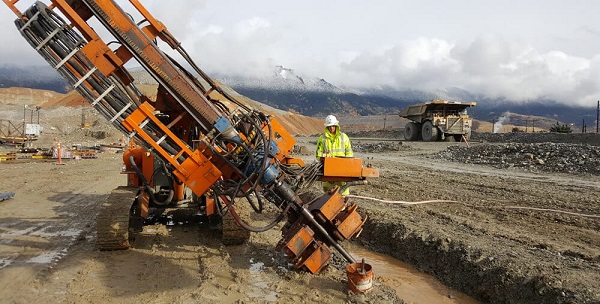The Art of Chemical Grouting: Innovations and Techniques in Singapore

Chemical grouting has revolutionised construction practices in Singapore, offering innovative solutions to address challenging ground conditions and structural issues. This article explores advanced innovations, versatile techniques, practical applications, benefits, challenges, and considerations associated with chemical grouting, highlighting its pivotal role in enhancing construction efficiency and ensuring long-term structural integrity.
Introduction to Chemical Grouting
Chemical grouting is a specialised technique involving the injection of liquid grout materials into the ground or structures under controlled pressure. Its primary objectives include stabilising soils, filling voids, and strengthening foundations. In Singapore, where urbanisation has led to densely populated areas with complex geological conditions, chemical grouting has emerged as a preferred method due to its effectiveness in mitigating soil settlement and improving ground stability without the disruptive nature of traditional excavation methods.
Innovations Driving Chemical Grouting
Innovations in chemical grouting technologies have significantly advanced the field, introducing high-performance grout materials such as polyurethane and epoxy resins. These materials offer superior strength, durability, and adaptability to diverse soil conditions, allowing engineers to tailor solutions precisely to project requirements. Advanced formulations ensure precise control over injection parameters, including viscosity, curing time, and expansion characteristics, optimising the effectiveness of grouting applications.
Techniques of Chemical Grouting
Chemical grouting techniques in Singapore encompass a range of specialised methods designed to address specific engineering challenges:
- Injection Grouting: Utilises high-pressure grouting pumps to inject grout materials into targeted areas. This technique ensures comprehensive coverage and effective consolidation of loose soils, voids, and fissures within the ground or structures.
- Compaction Grouting: Involves the injection of low-viscosity grouts to compact and stabilise loose soils. It improves the load-bearing capacity of soils by filling voids and enhancing the density of granular materials, thereby mitigating settlement-related issues.
- Permeation Grouting: Targets fine voids and fractures within soil or concrete structures by injecting grouts that permeate and seal these spaces. Permeation grouting enhances structural integrity, prevents water infiltration, and improves resistance to environmental factors such as groundwater.
Applications of Chemical Grouting in Singapore
Chemical grouting plays a crucial role across various sectors and applications in Singapore:
- Infrastructure Development: Strengthens foundations of bridges, tunnels, and high-rise buildings against soil erosion and settlement. Chemical grouting ensures the stability and longevity of critical infrastructure in urban environments prone to ground movement.
- Environmental Remediation: Seals leaks in dams, reservoirs, and underground storage facilities to prevent groundwater contamination and enhance environmental protection. Chemical grouting mitigates risks associated with underground infrastructure, safeguarding natural resources and ecosystems.
- Geotechnical Engineering: Mitigates ground subsidence and stabilises slopes in urban and coastal areas. It provides sustainable solutions for land development projects, ensuring safe and resilient urban environments.
Benefits and Advantages
Adopting chemical grouting offers numerous benefits to construction projects in Singapore:
- Cost Efficiency: Reduces project costs by minimising the need for extensive excavation and replacement of deteriorated materials. Chemical grouting optimises resource utilisation and labour efficiency, contributing to overall project cost-effectiveness.
- Time Savings: Accelerates project timelines by facilitating rapid application and curing processes. Chemical grouting minimises disruption to ongoing operations and enhances project scheduling flexibility, ensuring timely project completion.
- Environmental Sustainability: Utilises eco-friendly grout materials that comply with stringent environmental regulations. Chemical grouting minimises ecological footprint and promotes sustainable development practices, aligning with Singapore’s commitment to environmental stewardship.
Challenges and Considerations
Effective implementation of chemical grouting requires careful consideration of several factors:
- Site-Specific Challenges: Addresses variability in soil conditions, groundwater levels, and site accessibility. Conducts thorough geotechnical investigations to assess subsurface conditions and determine optimal grouting strategies.
- Quality Assurance: Implements rigorous monitoring and testing protocols to verify grouting performance and ensure long-term durability of structural repairs. Conducts post-grouting inspections to evaluate the effectiveness of grout materials and identify potential areas for improvement.
Conclusion
Chemical grouting represents a cornerstone of modern construction practices in Singapore, offering innovative solutions to complex engineering challenges. By understanding its advanced technologies, versatile techniques, practical applications, benefits, challenges, and considerations, stakeholders can leverage chemical grouting to enhance construction efficiency, sustainability, and resilience in urban development projects.
Contact Adcos Asia today for more information.








